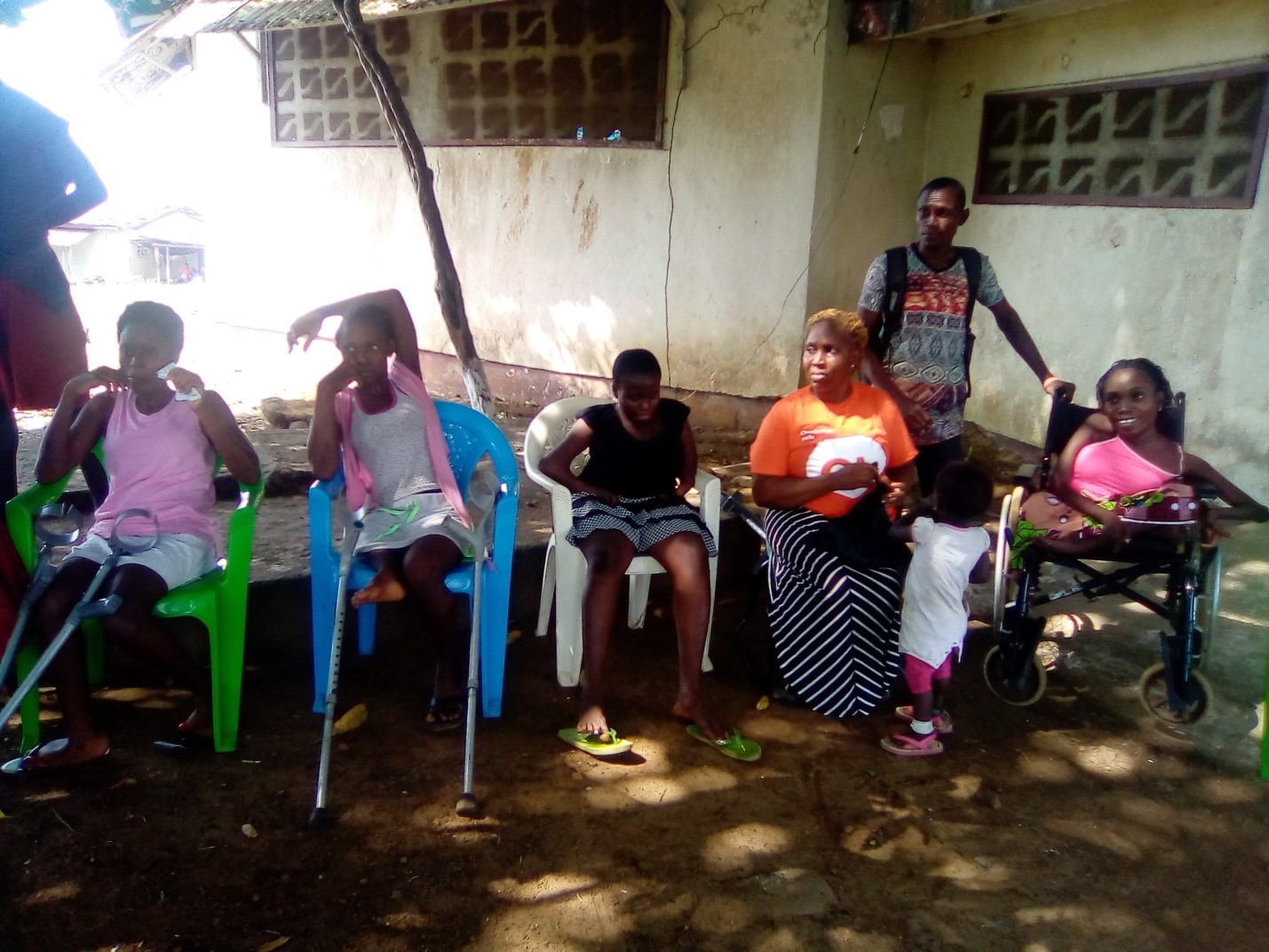By Alfred Kollie, afredkolliejr92@gmail.com
Able bodied people in Liberia are finding it extremely difficult to eke out a living, let alone those with physical disabilities.
Liberia, this small West African country has thousands of physically challenged, most of whom have little or no support. People with physical disabilities are daily seen at street corners in Monrovia begging for alms, as they can barely find food for themselves and family members, amidst the high cost of living in this period of economic crisis.
Liberia is a signatory to the UN Convention on the Rights of Persons with Disabilities and its Optional Protocol (A/RES/61/106) was adopted on 13 December 2006.
” The Convention follows decades of work by the United Nations to change attitudes and approaches to persons with disabilities. It takes to a new height the movement from viewing persons with disabilities as “objects” of charity, medical treatment and social protection towards viewing persons with disabilities as “subjects” with rights, who are capable of claiming those rights and making decisions for their lives based on their free and informed consent as well as being active members of society.”
How are Liberia’s physically challenged surviving?
It is widely observed that children of visually impaired parents are out of schools due to lack of financial support and other basic services.
They and their children are seen on the streets daily risking their lives going among moving vehicles.
The future of these kids remain a serious problem to society, especially the government that lacks the ability to provide support for them. Many believe that, these kids may sometimes end up in the streets or becoming criminals or get involve in teenage prostitution and pregnancy.
People living with disabilities are often left out by either government, local groups, communities and sometime their relatives as a result of their miserable condition or status in society.
Liberia recently joined the rest of the world to observe the International women’s Day with the government of Liberia through the Ministry of Gender celebrating the day in honor of women in Liberia, leaving out several women living with disabilities in the country.
The Administrator of Mission of Hope for the Disabled, formally our Lady of Fatuma Rehab Center in Jacobs Town Community near Monrovia, expressed disappointment with government for not counting them in such program.
According to Madam Annie G.Sieh, they (people with disabilities) are never part of national events based on their condition.
“Again, for our society we live in, we are used to it because when it comes to public gathering and social actions, people usually leave persons with disabilities. It is something we have got use to and we have to live by it, nothing we can do,’’ Madam Sieh noted.
Now is the time in their little way to make themselves happy and know that they are also important in spite of their rejection by government and society, Madam Sieh claimed.
The Administrator of Mission of Hope for the Disabled is appealing to both local and international humanitarian organizations and individuals to help them with food, clothes, medical support and water as well as whatever they can provide for them.
“We used to get support from the past government twice a year, but since this government (CDC which took office on January 22, 2018) took over, we are yet to receive what we use to get in the past. We are just living and surviving by the grace of God and people some time give us gift,” Madam Sieh said.
According to her, one of the most difficult problems is the issue of water base on their location and other items including food, clothes medical supplies.

